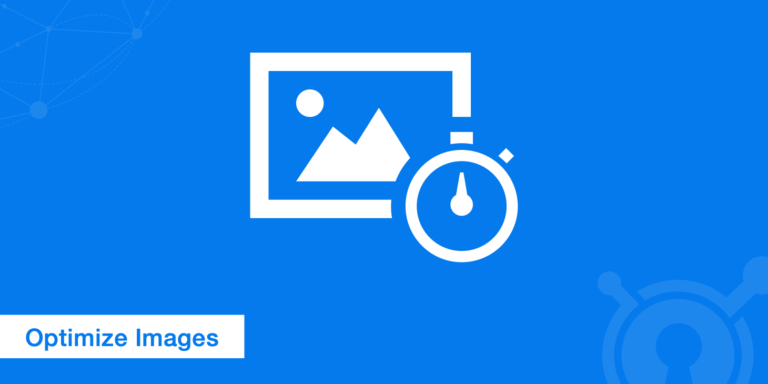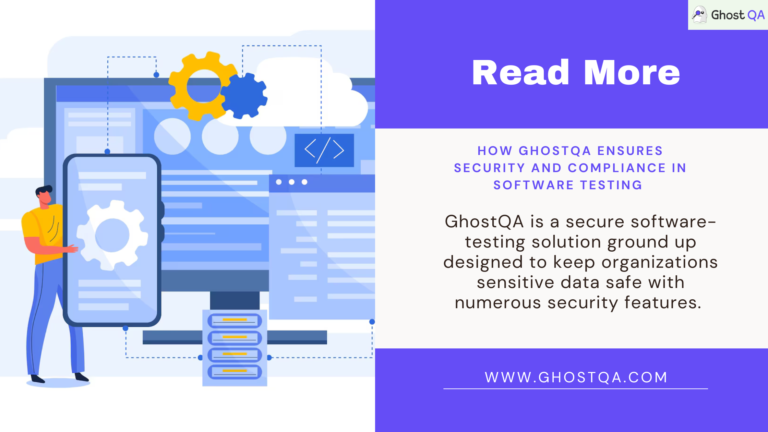Harness the power of influencer marketing for retail success

Introduction to influencer marketing in retail
In today’s retail landscape, the shift to digital platforms has created a unique space for influencer marketing. With the rise of social media influencers, brands can reach large audiences with authentic, engaging content. This form of marketing is particularly effective in retail, where trust and brand loyalty are crucial. Retailers are now using influencers to increase visibility, increase conversions and drive improvements Digital Retail Marketing Strategies.
Influencer marketing allows retail brands to leverage the personal connections influencers have built with their followers. These influencers act as trusted voices and recommend products to consumers in an authentic way. Whether it’s promoting a new product line or improving brand visibility, influencers can amplify retail campaigns in ways that aren’t possible with traditional advertising.
Why influencer marketing works for retail
- Authentic Commitment:
Today, consumers trust influencers more than traditional advertising. Influencers provide an authentic voice that resonates with their audience and helps retail brands build meaningful engagement with potential customers. - Increased range:
With millions of social media users, influencers provide access to a broader audience, many of whom are in a retailer’s target market. A well-chosen influencer can bring one Retail Brand Management Expanding reach into untapped markets takes the strategy to the next level. - Content creation:
Influencers are natural content creators. Their ability to produce engaging, high-quality content benefits retailers by providing material that can be reused for other purposes Online marketing for retail Platforms such as websites, email campaigns and social media ads. - Targeted marketing:
Retail brands can partner with influencers whose followers match their ideal customer group. This ensures that marketing efforts are highly targeted, reducing waste in the advertising budget while increasing the chances of conversion.
Important steps to get started with influencer marketing in retail
To successfully integrate influencer marketing into your retail strategy, follow these essential steps:
- Identify the right influencers
The key to successful influencer marketing is choosing influencers who align with your brand values and target audience. Start by researching influencers who have a strong connection to your niche. Look for people with engaged followers who fit your target audience. Collaborating with influencers who reflect your brand’s identity can strengthen your brand Retail Brand Management and strengthen brand authenticity. - Set clear goals and KPIs
Define your goals before launching an influencer campaign. Whether it’s driving traffic to your online store, increasing brand awareness, or promoting a specific product, clear goals help measure the success of your efforts. Track performance metrics such as engagement rates, conversions, and return on investment (ROI). This approach ensures that your Online marketing for retail Campaigns remain aligned with overall business goals. - Build long-term partnerships
Building long-term relationships with influencers offers more value than one-time promotions. When influencers promote your brand consistently over time, it builds trust with their audience. Retail brands benefit from ongoing partnerships that result in greater brand loyalty and consistent marketing messages. Influencers who understand your brand thoroughly can make a lasting contribution Retail Brand Management. - Leverage user-generated content (UGC)
Encouraging influencers to create user-generated content helps retail brands build authenticity. UGC is a powerful way to show how real customers use and enjoy your products. This type of content resonates with new consumers and can be reused for different purposes Digital Retail Marketing Channels including social media, product pages and paid ads.
Influencer Types to Consider
There are different types of influencers to consider, each offering unique benefits depending on your retail marketing goals:
- Nano-Influencers (1,000-10,000 followers):
These influencers have a small, highly engaged audience. For retailers looking for authentic connections, nano-influencers are ideal for building trust and credibility in niche markets. - Micro-influencers (10,000-100,000 followers):
Micro-influencers often specialize in specific industries, making them a good choice for targeted campaigns. Their followers trust their expertise and they provide cost-effective solutions for retail brands looking to scale. - Macro-influencers (100,000-1 million followers):
Macro influencers offer greater reach and are suitable for large retail brands looking to expand their reach Retail Brand Management. They usually have more influence, but their services are more expensive. - Mega influencer (1 million+ followers):
These are celebrities and industry leaders. Mega-influencers can provide massive exposure for retail brands, but are often more expensive and less targeted in their approach. They work well for large retailers with big budgets who want to make a splash with big product launches.
Best practices for retail influencer campaigns
- Develop clear campaign guidelines:
Make sure influencers understand your brand’s voice and goals. Create detailed briefings outlining expectations, e.g. B. Key messages, tone of voice and the type of content you want to produce. This helps align influencers with yours Online marketing for retail Strategy. - Monitor campaign performance:
Track the performance of your influencer campaigns using analytics tools. Monitor metrics like engagement, click-through rates, and conversion rates. Regular performance reviews allow retailers to adjust and optimize campaigns in real time Digital Retail Marketing Strategies. - Compliance:
Please note the legal requirements, e.g. B. requiring influencers to disclose sponsored content. Make sure influencers comply with relevant advertising standards to avoid legal issues. Transparency helps maintain trust between influencers, brands and consumers.
Diploma
Influencer marketing is a powerful tool in retail that allows brands to connect with consumers on a more personal level. By collaborating with the right influencers, retailers can increase brand awareness, increase engagement, and increase targeted sales Online marketing for retail Strategies. From choosing the right influencers to tracking campaign performance, a well-executed influencer marketing strategy can revolutionize a retailer’s digital presence.
For retailers looking to take their marketing to the next level, Pixel Studios offers comprehensive social media marketing services that can increase your brand’s reach and influence on digital platforms.







